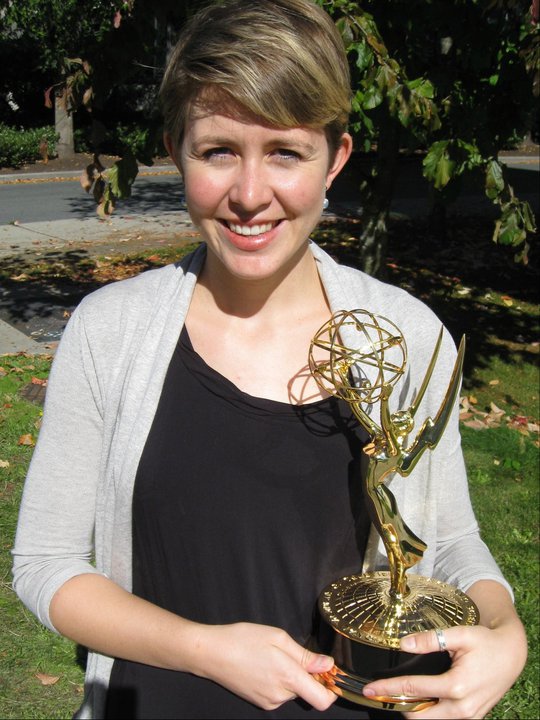
Andrew investigates a slimy specimen
Green College Resident Members’ Series
THE BIODIVERSITY OF GREEN COLLEGE
Who: Andrew MacDonald, Department of Zoology, green college resident
What: A lesson in love and appreciation of biodiversity
When: November 1st 8:00 – 9:00 p.m.
Where: Green College coach house, UBC
We live each day surrounded by birds, insects, plants and invertebrates: but how well do we really know them? In this talk Andrew MacDonald will share what he knows about the identification and natural history of the (non-human!) organisms in and around Green College.
The talk will involve photos, recordings and specimens of organisms in and around our campus.
(Insider knowledge: Andrew is one of the college’s most enthusiastic story-tellers. He has inspired a sense of wonder in many of our residents, and we’re excited to spread–for instance–some of his beetle-mania!)
Please join us! And stay for dinner if you can!


